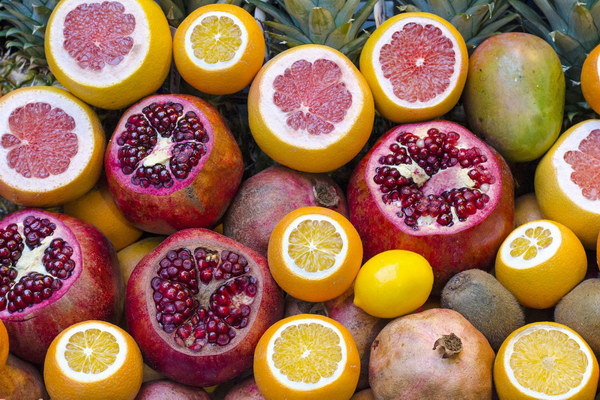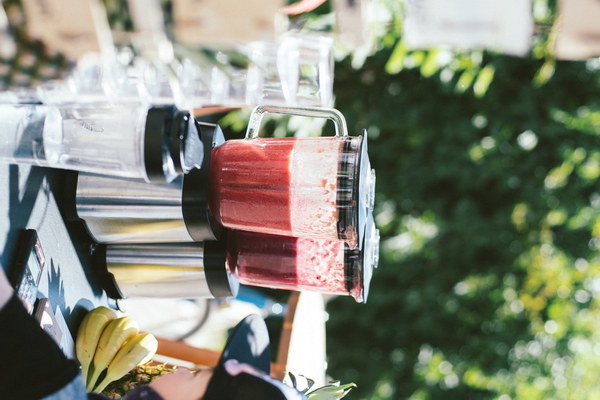Revitalize Your Kidneys A Comprehensive Guide to Nourishing and Protecting Your Kidneys
In today's fast-paced world, taking care of our health has become more crucial than ever before. Among the various organs in our body, the kidneys play a vital role in filtering waste products and maintaining a healthy balance of fluids and electrolytes. Unfortunately, due to poor lifestyle choices, our kidneys often suffer from neglect. This article aims to provide a comprehensive guide to nourishing and protecting your kidneys, helping you to lead a healthier and happier life.
1. Understanding the Importance of Kidney Health
The kidneys are responsible for filtering waste products from the blood, which are then excreted as urine. They also help regulate blood pressure, produce red blood cells, and maintain the balance of electrolytes and fluids in the body. Poor kidney health can lead to a range of health issues, including kidney disease, hypertension, and cardiovascular diseases.
2. Tips for Nourishing Your Kidneys
a. Maintain a Balanced Diet
A balanced diet rich in fruits, vegetables, whole grains, lean proteins, and healthy fats is essential for kidney health. Some specific foods that can help nourish your kidneys include:
- Leafy greens: Spinach, kale, and Swiss chard are high in potassium and folate, which can help reduce the risk of kidney disease.
- Berries: Strawberries, blueberries, and raspberries are loaded with antioxidants that can protect your kidneys from damage.
- Nuts: Almonds, walnuts, and Brazil nuts contain selenium, which helps maintain kidney function.

- Fish: Fish like salmon and sardines are rich in omega-3 fatty acids, which can help reduce inflammation and support kidney health.
b. Stay Hydrated
Drinking plenty of water is crucial for kidney health. Adequate hydration helps flush out waste products and toxins from the kidneys, reducing the risk of kidney stones and other kidney-related issues. Aim to drink at least 8 to 10 glasses of water per day.
c. Limit Salt Intake
High salt intake can lead to hypertension and kidney damage. Try to limit your salt intake to no more than 2,300 milligrams per day, and consider using herbs and spices to flavor your food instead of salt.
3. Tips for Protecting Your Kidneys
a. Exercise Regularly
Regular physical activity can help improve kidney health by reducing the risk of hypertension and diabetes, two major contributors to kidney disease. Aim for at least 150 minutes of moderate-intensity aerobic exercise or 75 minutes of vigorous-intensity exercise per week.
b. Avoid Smoking and Limit Alcohol Consumption
Smoking and excessive alcohol consumption can damage the kidneys and increase the risk of kidney disease. Quitting smoking and limiting alcohol intake can help protect your kidneys.
c. Manage Chronic Conditions
Chronic conditions such as diabetes and hypertension can damage the kidneys over time. It is crucial to manage these conditions effectively by following your healthcare provider's recommendations, including medication, diet, and lifestyle changes.
4. Regular Check-ups
Regular check-ups with your healthcare provider can help detect and manage kidney-related issues early. Blood and urine tests can assess kidney function and identify any potential problems.
In conclusion, taking care of your kidneys is essential for overall health and well-being. By following the tips outlined in this article, you can nourish and protect your kidneys, reducing the risk of kidney disease and other health issues. Remember that a healthy lifestyle is the key to maintaining kidney health and living a longer, happier life.









